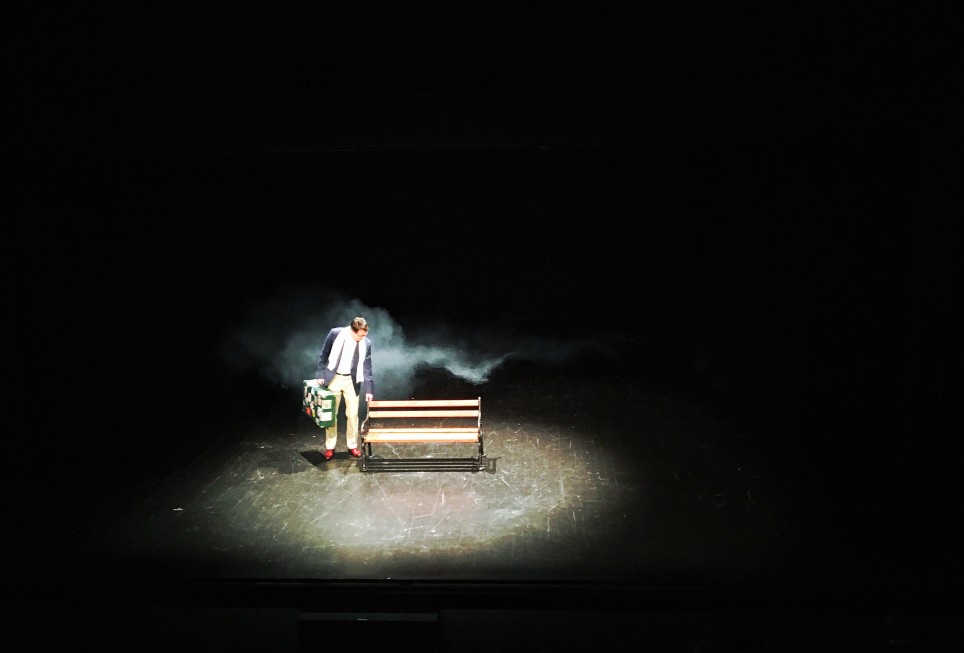Improv – The 5 Principles of Improv
‘Let go.’ – You must let go of filtering, inhibitions, agenda, and ego. These factors can impede your creativity. Instead of being in your head all the time, let yourself be spontaneous. In improv, you will have no idea what is going to happen next until it happens. “Don’t add nonsense.” – Explain unexpected events when they occur.
Let go of inhibitions
Improvisation is a way to learn how to think on the fly and to fail. Mike Myers, actor, said that mistakes are “great happy accident.” Del Close, an improviser coach, stated that the best improvisers embrace their fear, regardless of how crazy it may seem. Ultimately, this helps them become more creative and able to let go of inhibitions when doing improv. Here are some tips that will help you let go your inhibitions while doing improv.

Let go of your agenda
It is important to understand what your agenda is before you can let go of it when you do improv. Improv is taught to people to pretend there is no agenda. During this phase, facilitators can mirror this behavior, and participants should avoid dismissing ideas or saying, “yes, but…”
Let go of your ego
A common improv coaching phrase is “Let go of ego when doing improvisation.” The idea behind the saying is that the more one is concerned with other people, the more opportunities for good improvisation will be presented. It is not easy to keep this advice. In improv, the goal is to make your partner look good, not yourself. It’s also a bit vague.
Reject social norms
If you’ve ever seen improv shows, then you know how hard it can be for you to let go of social norms. It can be intimidating to perform in front of an audience. Improv techniques can help you overcome these barriers and become more confident communicators. When performing improv, it is important to trust your own instincts and have fun while doing it. In the end, you want to be the best you can be.
Listen to other people’s ideas
Improv is a dynamic form of performance art that encourages participants to share their ideas with others. There is no right or wrong, and no one person can direct the performance. Instead, each actor’s role is fluid and is dictated by his or her muse, the unconscious idea that comes to mind as the team works to come up with the best possible outcome. Here are some tips to make improvisation a success.
